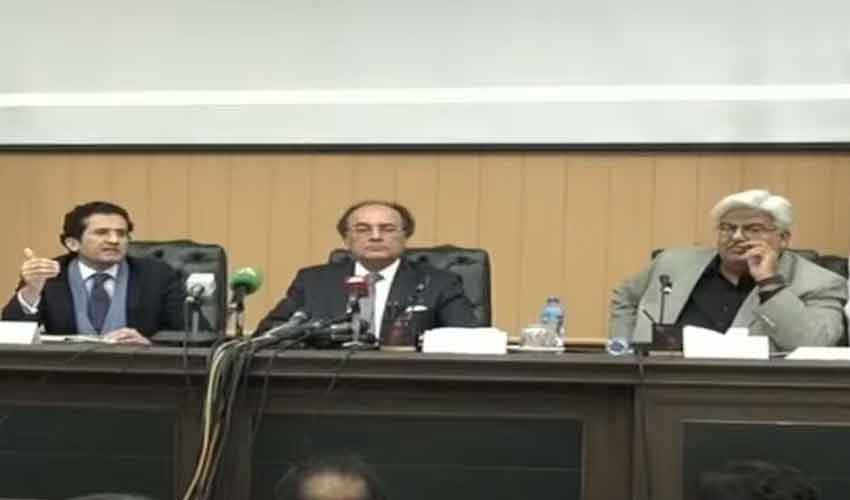The Senate Standing Committee on Finance has unanimously approved the Tax Laws Amendment Bill 2024, introducing sweeping changes to tighten oversight on taxpayers, including both filers and non-filers.
The bill aims to improve tax compliance, close loopholes, and boost Pakistan’s tax-to-GDP ratio to 13.5% within the next three years.
Key provisions of bill
According to Federal Board of Revenue (FBR) Chairman Rashid Mahmood Langrial, the bill introduces a pre-audit system for taxpayers, replacing the existing post-audit approach. Filers will now be required to prove their sources of income before making major purchases or investments exceeding their declared income by more than 130%. These include property, vehicles, mutual funds, and stock market investments.
“Even individuals with lavish lifestyles who under-report their income will no longer be able to evade scrutiny,” Langrial said, adding that the target of these measures is the 5% of citizens who under-file, while 95% of citizens already paying sales tax will not be affected.
Pensioners and non-filers, who have traditionally remained outside the formal tax system, will face stricter limitations. They will only be allowed to open “easy” bank accounts with a transaction cap of Rs1 million. Beyond this threshold, filing tax returns will become mandatory.
Private auditors and financial transparency
The amendment grants private auditors access to citizens' bank transaction records to ensure compliance. Banks will also be required to share data on high-risk individuals with the FBR. The bill also mandates the registration of all businesses, with violations leading to the closure of operations, confiscation of properties, and freezing of bank accounts.
Service providers, including restaurants in Islamabad, will also be required to integrate their systems with the FBR’s computerized platform for better monitoring and transparency.
Recommendations
The committee suggested extending the pre-audit system to sectors dealing in gold and foreign currency, a proposal that is under consideration.
Implications for filers and non-filers
- Filers: Eligible for purchases up to 130% of their declared income but must prove additional income sources for transactions exceeding this limit.
- Non-Filers: Limited to opening bank accounts with a Rs1 million cap and required to file tax returns for incomes above this amount.
Finance Minister Muhammad Aurangzeb expressed optimism about the new measures, highlighting their role in expanding the tax net and enhancing revenue collection. “These reforms will not only increase transparency but also contribute to achieving a higher tax-to-GDP ratio,” he said.


























